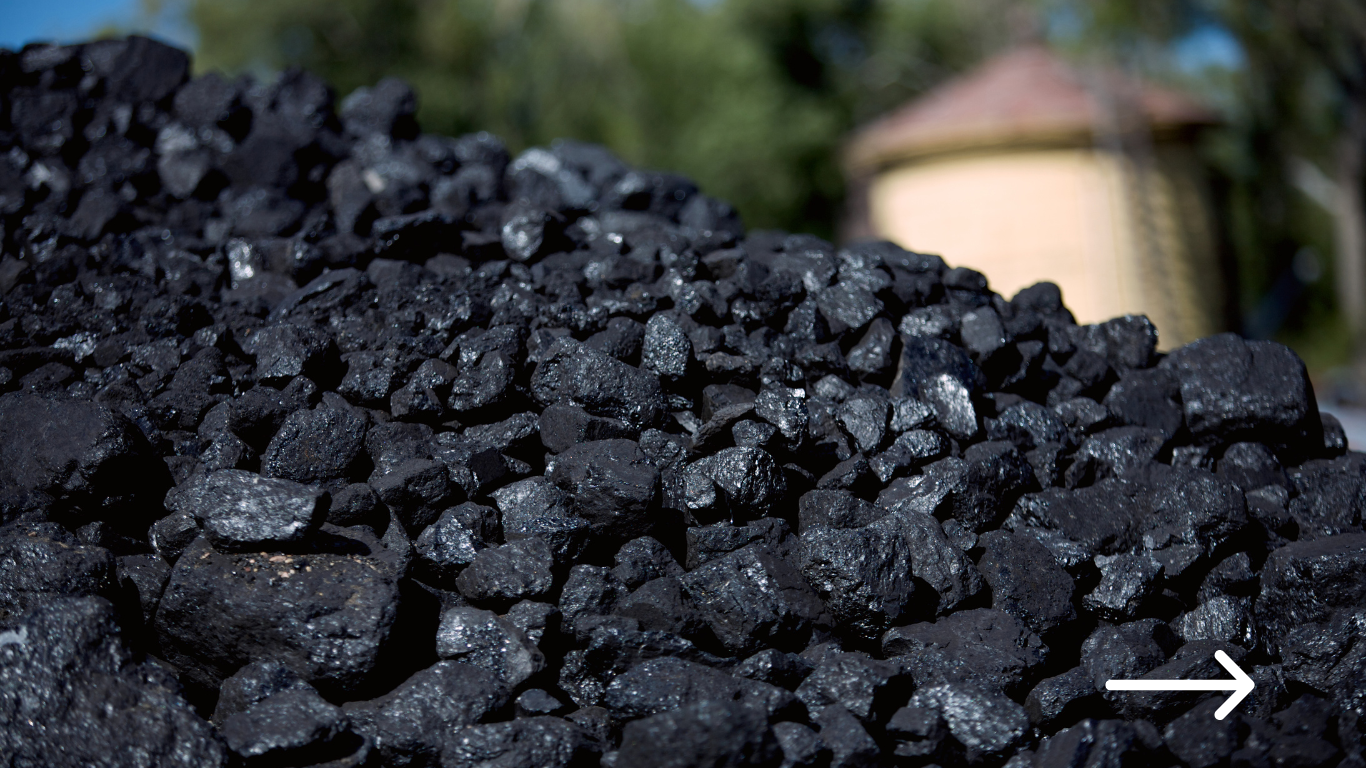FactCheck: Fossil Fuel Consumption Leads To More Climate Change Threat

This tweet suggests that consuming more fossil fuels is a solution to the current impacts of climate change. This tweet was shared under a post made by a Ugandan journalist highlighting the floods recorded in some African countries and warning about the impact of climate change.
This statement has been viewed over 40 times, and these numbers keep increasing, meaning that any person who finds it might believe in this narrative.
Evidence/ research:
In contrast to the claim, the Intergovernmental Panel on Climate Change (IPCC)’s 2022 report states that reducing the amount of fossil fuels burned and used will reduce carbon and other gases in the atmosphere, thereby saving the earth from the wrath of climate change impacts.
Additionally, the World Nuclear Association says in an article about electricity that to address climate change and reduce air pollution, we need to increase the use of all low-carbon energy sources, which are better than fossil fuels.
FOSSILS FUELS, AND THEIR IMPACTS
In a nutshell, fossil fuels are decomposed plants and other organisms buried beneath layers of rocks for a period of a thousand years, where they become rich in carbon and form non-renewable fuels, which include coal, oil, and natural gas, according to National Geographic.
These fuels are used to run human activities, from the cars we use for transportation to the electricity used in our homes. For this to happen, these fuels undergo a “process of combustion,” which in simple terms can be regarded as burning fossil fuels in the presence of an oxidant called oxygen, which produces heat and hence releases carbon dioxide in the atmosphere.
“When fossil fuels are burned, they release nitrogen oxides into the atmosphere, which contribute to the formation of smog (air pollution that reduces visibility) and acid rain.” Ammonia is another nitrogen compound emitted into the air, primarily from agricultural activities but also from fossil fuels. “Most of the nitrogen oxides released by human activity are from the burning of fossil fuels associated with transportation and industry,” the United States Environmental Protection Agency (EPA) states.
The increased extraction and usage of fossil fuels has resulted in the increased formation of carbon dioxide and other gases, which combine with heat from sunlight, thereby leading to “global warming,” a situation of increasing average air temperatures near the surface of the Earth over the past one to two centuries, according to the United Nations.
The increasing temperatures lead to events like increased prolonged droughts and more moisture evaporating, which exacerbates extreme rainfall and flooding, causing more destructive storms among other climate change effects registered in Africa.
It should be noted that fossil fuels’ impact does not end with increasing the earth’s temperature. “Fossil fuels release toxic gases such as nitrous oxide and methane, which pollute the air, lead to deaths worldwide, impact the overall health of humankind, and also have an impact on the state of the waters.” Because oceans absorb large quantities of carbon emissions, they rapidly become more acidic, which affects life under water,” the Airly organization, an international organization monitoring the quality of air in the atmosphere, states.
The presence of these gases in the atmosphere contributes to pollution that harms life on land and in water. “Research from Harvard University, in collaboration with the Universities of Birmingham, Leicester, and London, found that more than 8 million people died in 2018 from fossil fuel pollution, significantly more than previous research suggested—meaning that air pollution from burning fossil fuels like coal and diesel was responsible for about 1 in 5 deaths worldwide,” according to a publication by the Harvard Center for Climate, Health, and the Global Environment.
Rating/Verdict:
It’s false to say consuming more fossil fuels is a solution to climate change impacts. It is evident that the more fossil fuels consumed, the more carbon is released into the atmosphere, which adds to the existence of global warming and causes more climate change impacts like floods and prolonged dry spells, among others.
This fact-check was produced by the Debunk Media Initiative with support from Code for Africa’s PesaCheck, the International Fact-Checking Network, and the African Fact-Checking Alliance network.
2021 Africa Check Award-winning Fact-Checker, Media Challenge Initiative Fellow class of 2020, 2022 Code For Africa and International Fact-Checking Network Climate Change Fact-Checking Fellow, 360 Digital Sherlock, trained by the Atlantic Council’s Digital Forensic Research Lab in open-source intelligence.







